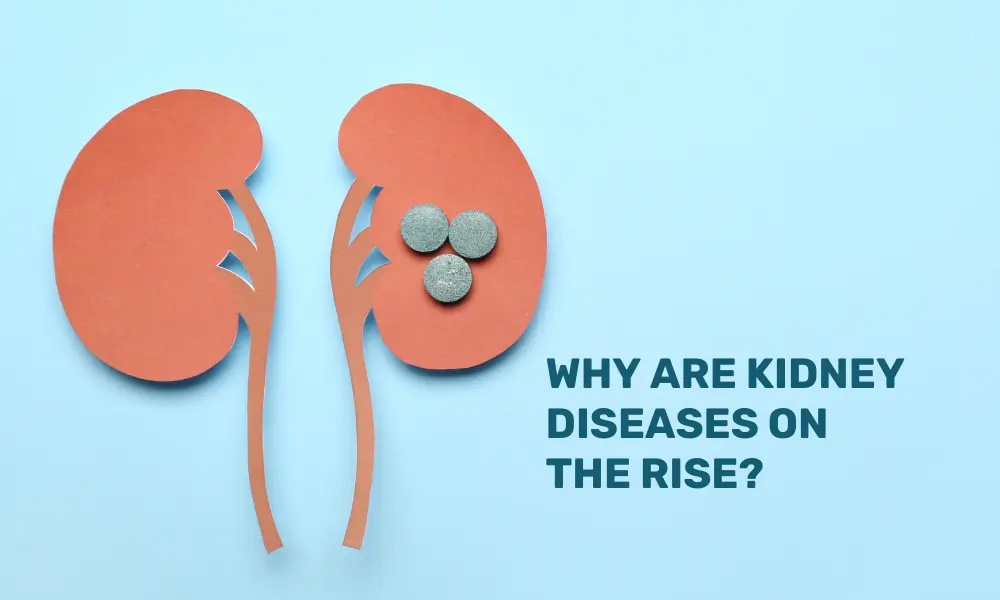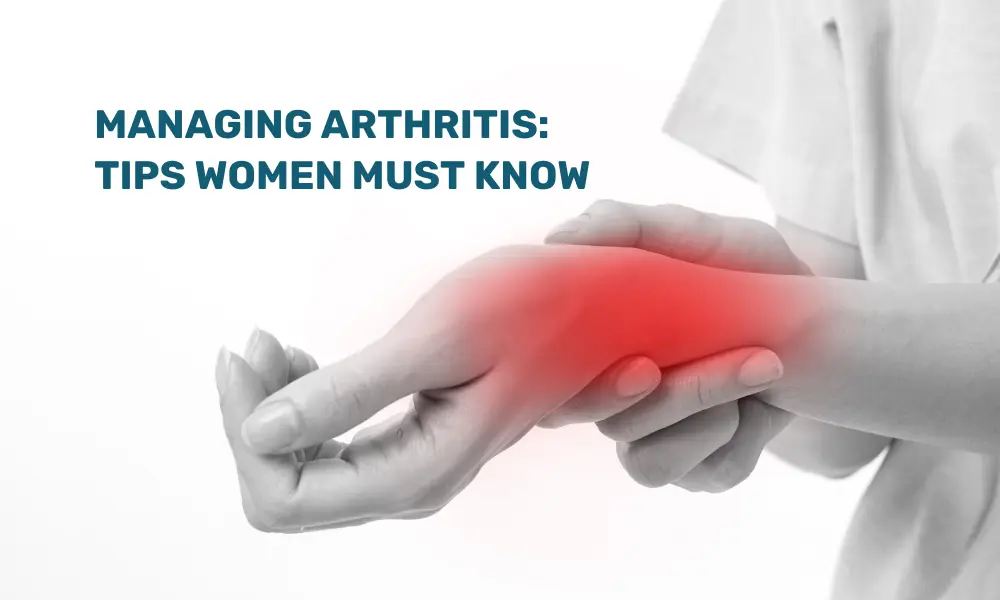While kidney disease doesn’t typically get as much attention as other health conditions like heart disease, young people are increasingly being diagnosed with kidney ailments. Kidney ailments are increasing in recent times, risking the lives of many.
Two categories of kidney ailments
It is important to point out that chronic kidney disease is a broad term that may actually include a wide range of illnesses. Kidney ailments in young age groups can be broadly classified into congenital/ inherited causes and acquired causes.
Inherited causes include early-onset hypertension, Type 1 diabetes occurring in young age groups, leading to kidney failure in the long run. The list of rare inherited disorders with renal involvement is rapidly growing due to various factors like increasing recognition by genetic testing/imaging, increased exposure to environmental toxins, maternal Diet, lifestyle changes, and increasing maternal age.
Autoimmune Diseases such as IgA nephropathy and lupus nephritis (SLE) may trigger kidney inflammation, which in turn can cause chronic kidney disease (CKD). Family history also plays a major role in diseases like Polycystic Kidney Disease (PKD). CKD may occur as a result of renal scarring due to recurrent urinary tract infections. Some of them may have congenital Vesicoureteric reflux disease.
Acquired causes include increasing rates of obesity among young adults, in their 20s, due to modern lifestyle changes, including increased exposure to fast food, high screen time, and higher stress levels. Increasing rates of smoking in young age cause early onset of hypertension and a high risk of renal cancer. Recreational drugs have been associated with irreversible kidney injury.
There is an increased tendency of the younger age groups for consumption of heavy protein supplements, animal protein, steroids, with reduced amounts of vegetable protein and strenuous exercises, dehydration, which, along with reduced fluid intake, leads to renal damage in the long run. Recurrent urinary tract infections and stone disease also cause renal damage in the long run.
How can kidney disease be managed?
-
It is suggested to avoid excessive protein supplements.
-
One must avoid taking pain killers.
-
Try to have sufficient water intake to protect the kidneys.
-
Our diet must include vegetable protein intake, reduced animal protein, and supplements with adequate fluid intake.
-
Regular physical activity is important for overall good health.
-
Maintaining a healthy body weight can help reduce stress on the kidneys and improve overall health.
-
Cessation of recreational drug use/ smoking/ alcohol is important in maintaining kidney health.
Any damage to kidney has serious implication on our overall health. Therefore, individuals must take kidney health seriously focus on basic fluid intake, sleep requirement, diet and maintain an ideal body weight as this can help reduce the risk of kidney disease. To consult a specialist – CLICK HERE!





